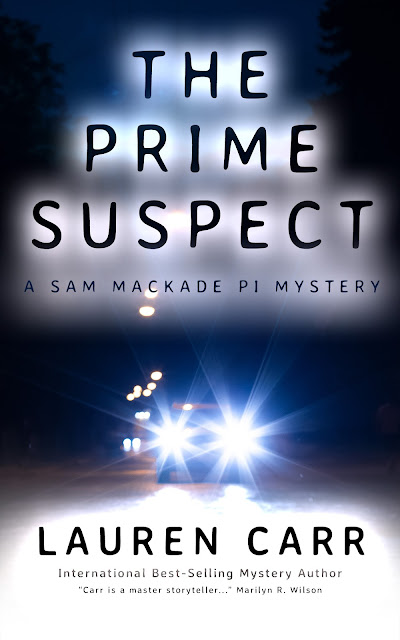Foundation is the first of a series of science fiction books written by the late Isaac Asimov, and since this seems to be the first science fiction review here on Library of Clean Reads, I thought a brief intro to the genre is in order.
Readers of Clean Reads are already familiar with Speculative Fiction. Wait, isn't that the same as Science Fiction? (The same abbreviation, SF, is commonly used to describe both.) Well, no, they are not entirely the same. Let's say that all Science Fiction is Speculative Fiction, while not all Speculative Fiction is Science Fiction. A few of the books reviewed here are referred to as "fantasy" and also fall under this umbrella because Speculative Fiction refers to many types of fantastic fiction, including "hard" science fiction, "soft" science fiction, space opera (such as Star Trek and Star Wars), fantasy, horror, pulp fiction, and the like. You can find an excellent explanation of Speculative Fiction here at the Lost Book Archives. All of this boils down to the idea that Speculative Fiction does not require an anchor in the real world to be a real story; in fact, the world in the story is often secondary to the novel idea or alternative reality being explored. For those who "get" SF, this is obvious; to those who want fiction set only in the real world, it seems like silly escapism.
However, my feeling is that life is about play, it is about exploration and wonder and "what if?" SF is uniquely able to do this and is certainly worth reading. But, as with all media, reading SF requires discernment and selectivity. This is why I am pleased to review this excellent book Foundation as an example of a good, clean, SF read.
Back to the story: Foundation is the epic story of the fall of a galactic empire. Hari Seldon is the architect of psychotherapy, a branch of science that can plot the behavior of large groups of people. Using this unique talent, Seldon is able to forsee the collapse of the galactic empire, and correctly plot the path mankind must take to escape a fall into a thousand year era of barbarism. To that end, Seldon establishes a Foundation to preserve a kernel of the knowledge and culture that once was. The path that the Foundation must follow (as mapped out by Seldon) is a series of crisis points and decisions, all of which lead the galaxy toward the establishment of a new Empire within a few hundred years instead of a thousand.
The Foundation is established on a small, resource-starved planet called Terminus. There they begin to compile the ambitious Encyclopedia Galactica. Their work is interrupted when the political turmoil of the surrounding planetary systems try to involve them. Quick thinking on the part of Salvor Hardin, the first mayor of Terminus, saves the Foundation from extinction and establishes a foothold of power using the one resource that they alone understand in this decadent time period: atomic power!
From that time on, the Foundation grows in power and influence using the atom, becoming almost an empire in itself. To read Foundation is to get a small glimpse into civilization; it’s a micro anthropology lesson. From primitive beginnings, to theocracy, to expansionism, and coming full circle to bloated bureaucracy. Mr. Asimov successfully convinces us that his story is part of a larger universe. This is why I loved reading Foundation and its trilogy sequels: Foundation and Empire, and Second Foundation. Oh, there are many, many more books from his Foundation universe. For the full list, check out the Wikipedia article.
Foundation began as a series of short stories published in Astounding Magazine between 1942 and 1950. Unfortunately, the short story origin of the book is the only flaw to be found; the story has a slightly disjointed feel about it. Do I care? NO. From one viewpoint, it’s that sense of discontinuity that creates the ‘bigness’ of the story, the feeling that it takes place in a very large and fragile galactic Empire.
Perhaps due to the sensibilities of the time period it was written in, Foundation and its sequels have very little profanity. Any violence is infrequent, mild, and plot driven. Preferring scenes that provoke thought over those that are gratuitous, Mr. Asimov has crafted an excellent story that I found worth reading multiple times.
Guest post by Guy Thomas Wade
http://crankingplot.wordpress.com/
Thursday, September 24, 2009
Foundation by Isaac Asimov
Posted by Laura at Library of Clean Reads on September 24, 2009 in Adult Book Reviews Guest Post Science Fiction | Comments : 2
Subscribe to:
Post Comments
(
Atom
)







Laura, that's a great explanation about why we read science fiction! I've stopped trying to explain it to my friends who don't understand why I like it so much. Foundation was one of the first books I read in that genre and I love how it forced me to use my imagination and wonder "what if" Thanks for posting this.
ReplyDeleteGreat review and good clarifications on genres. I haven't read this author but this looks good!
ReplyDelete